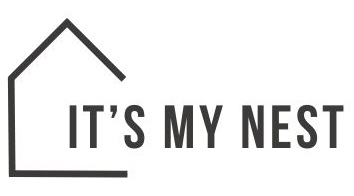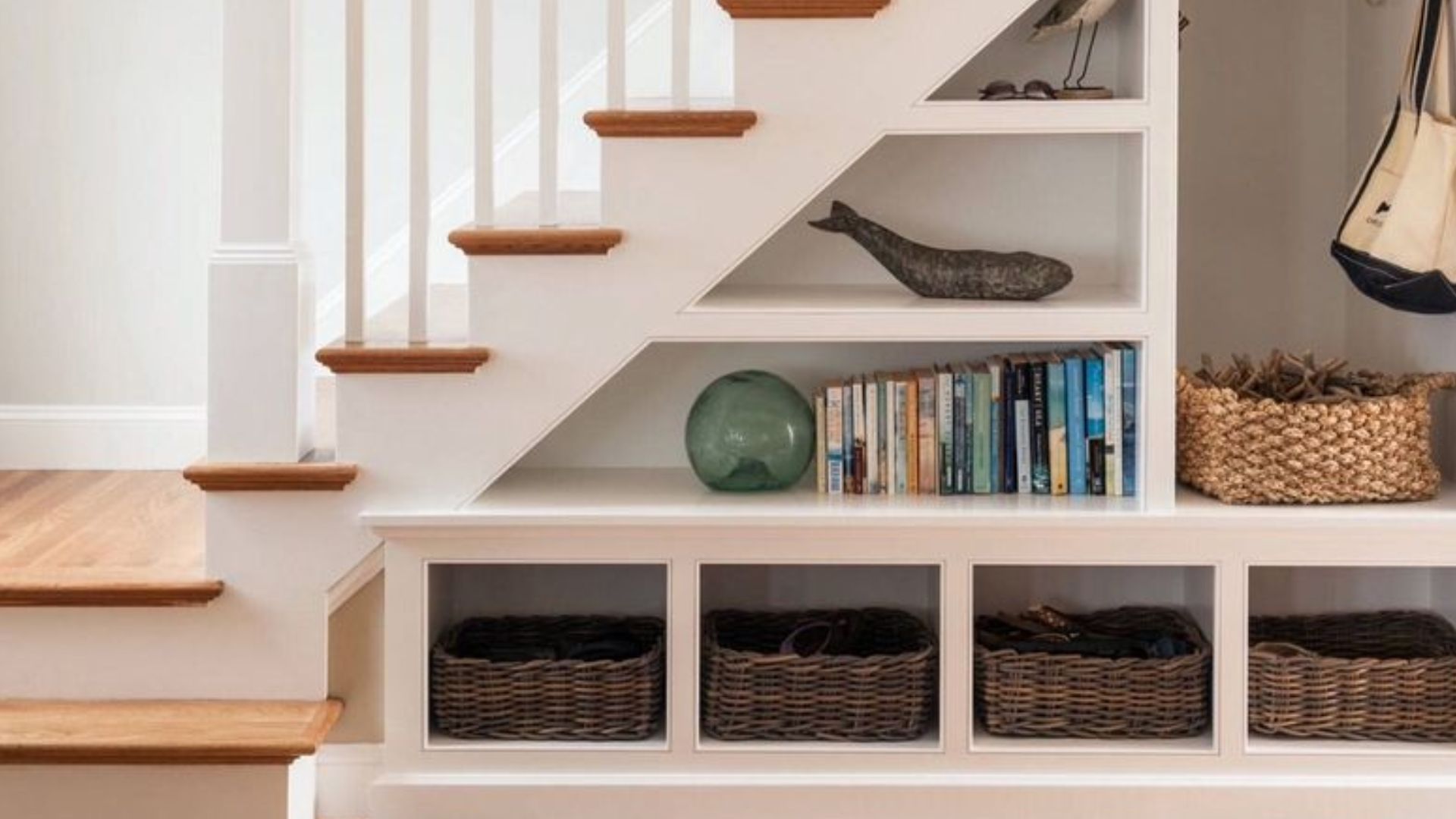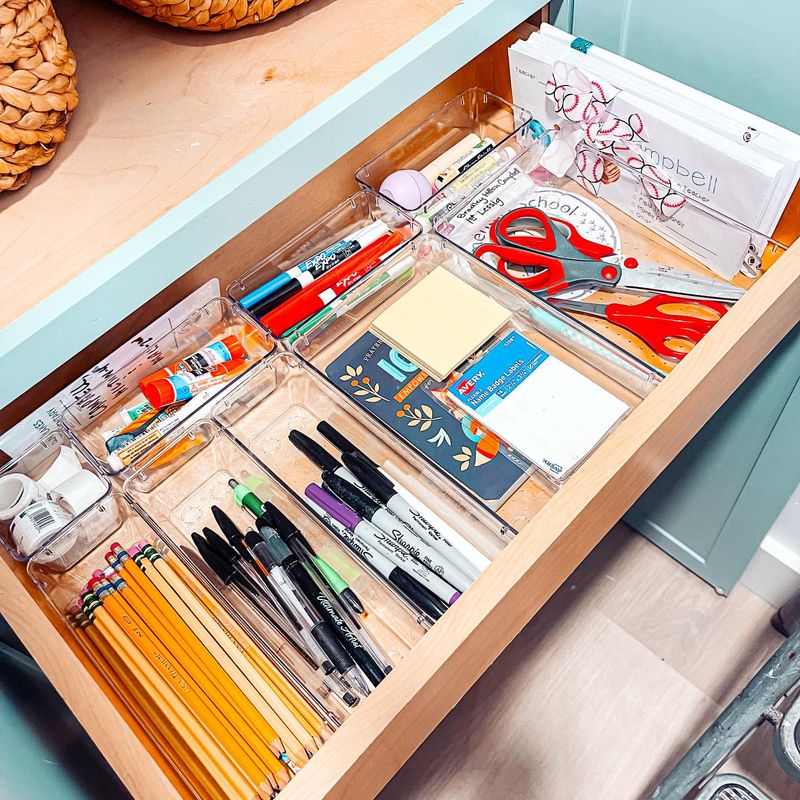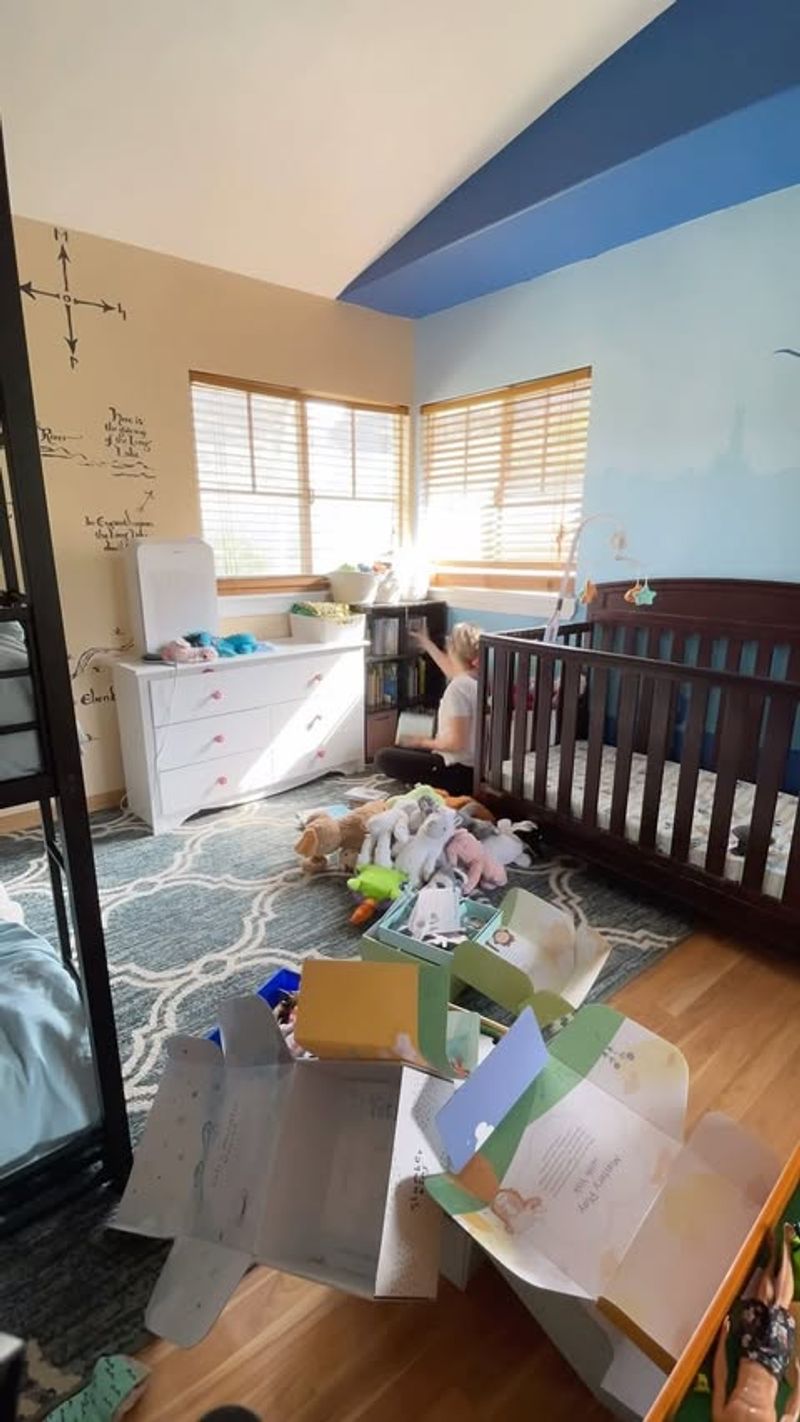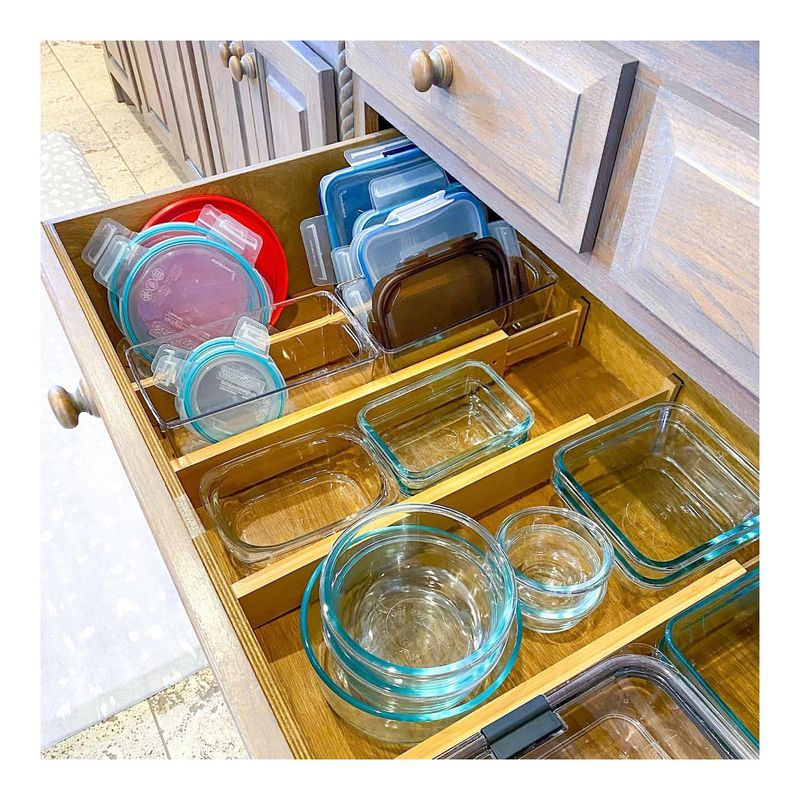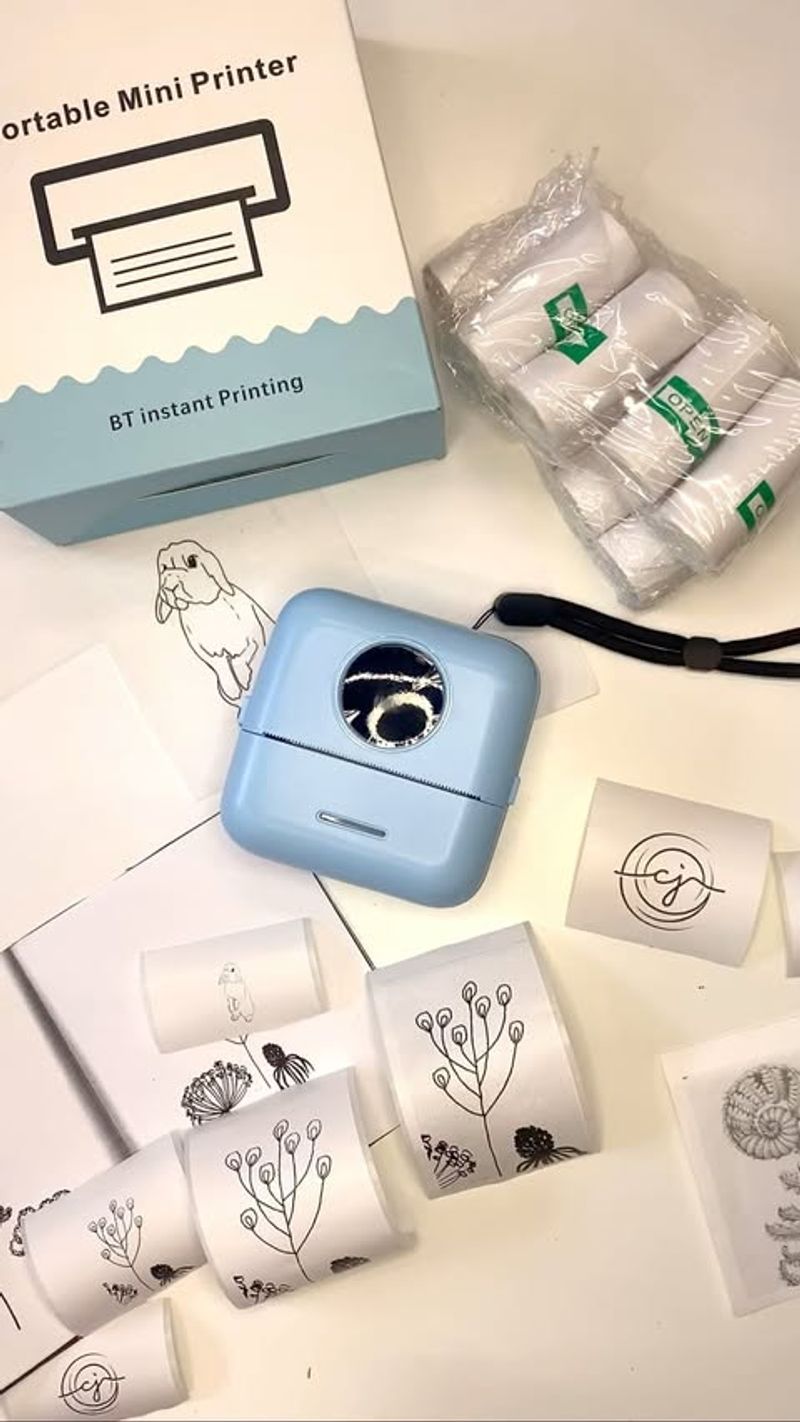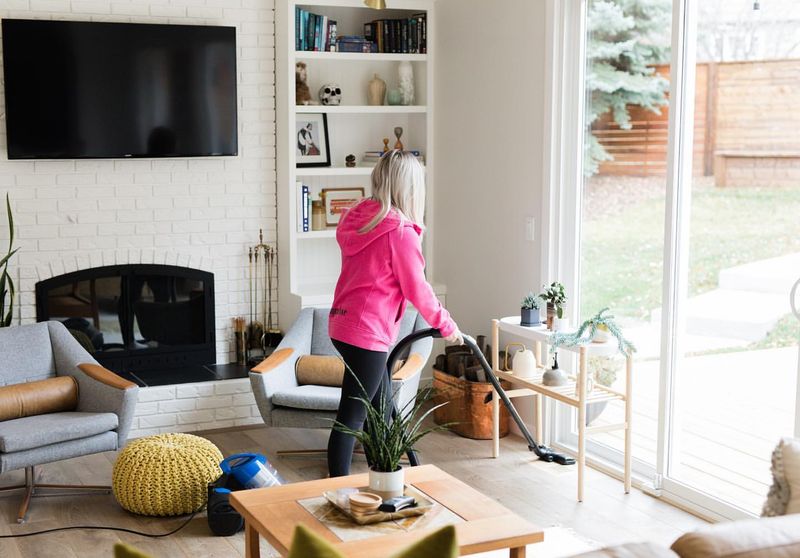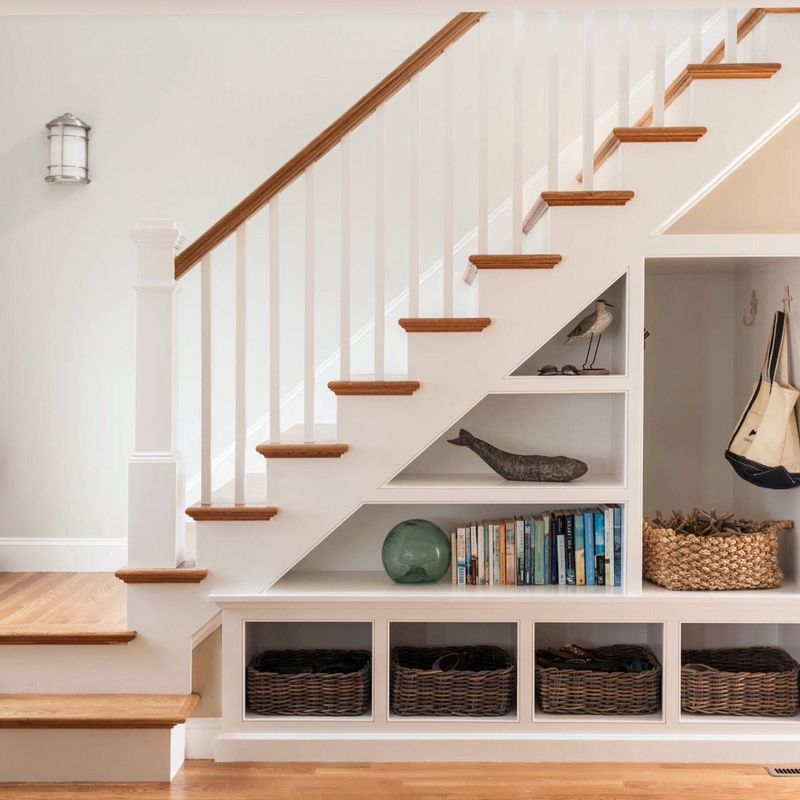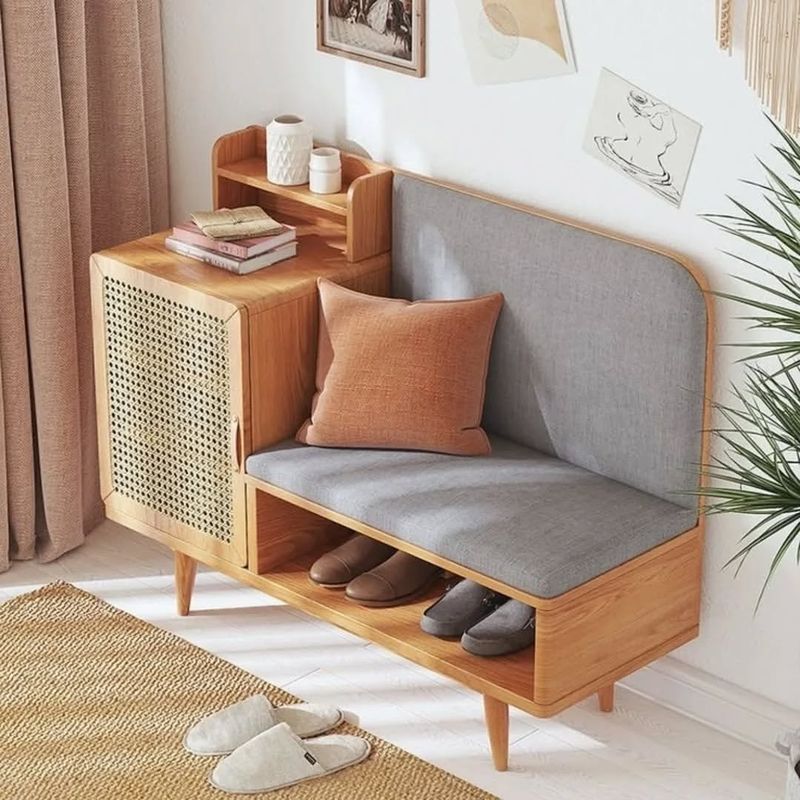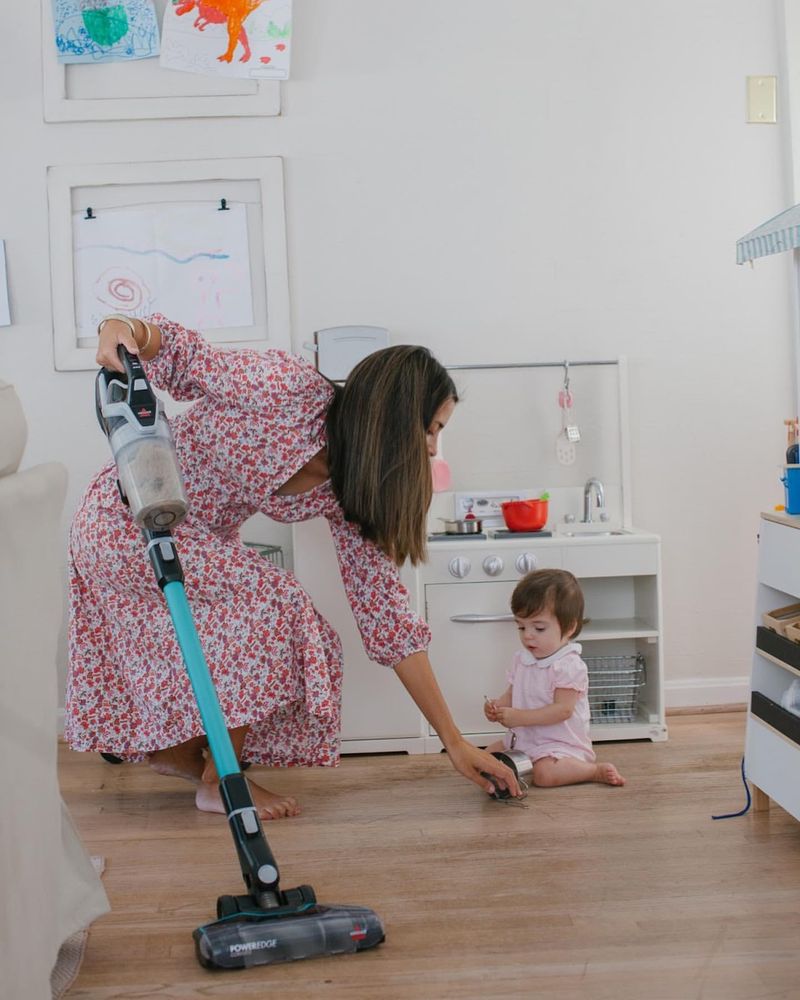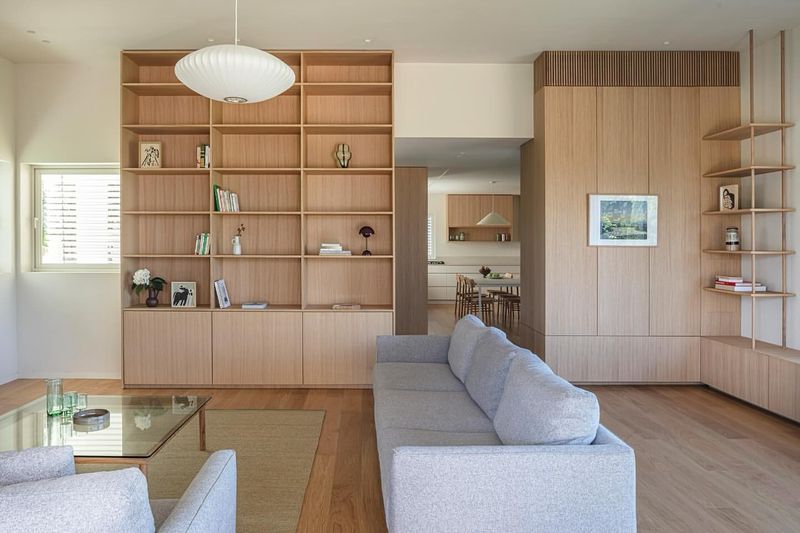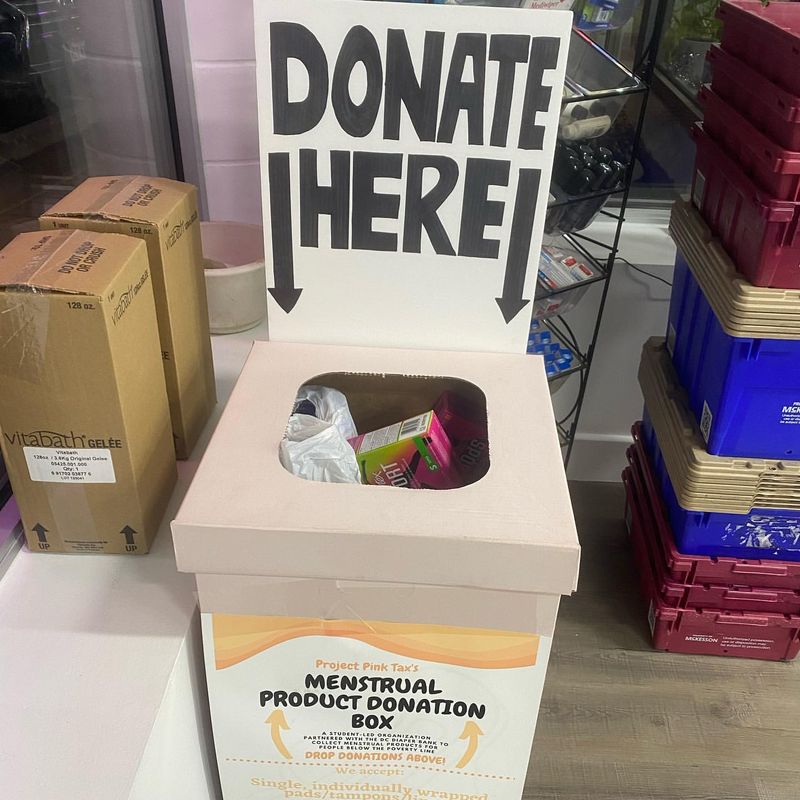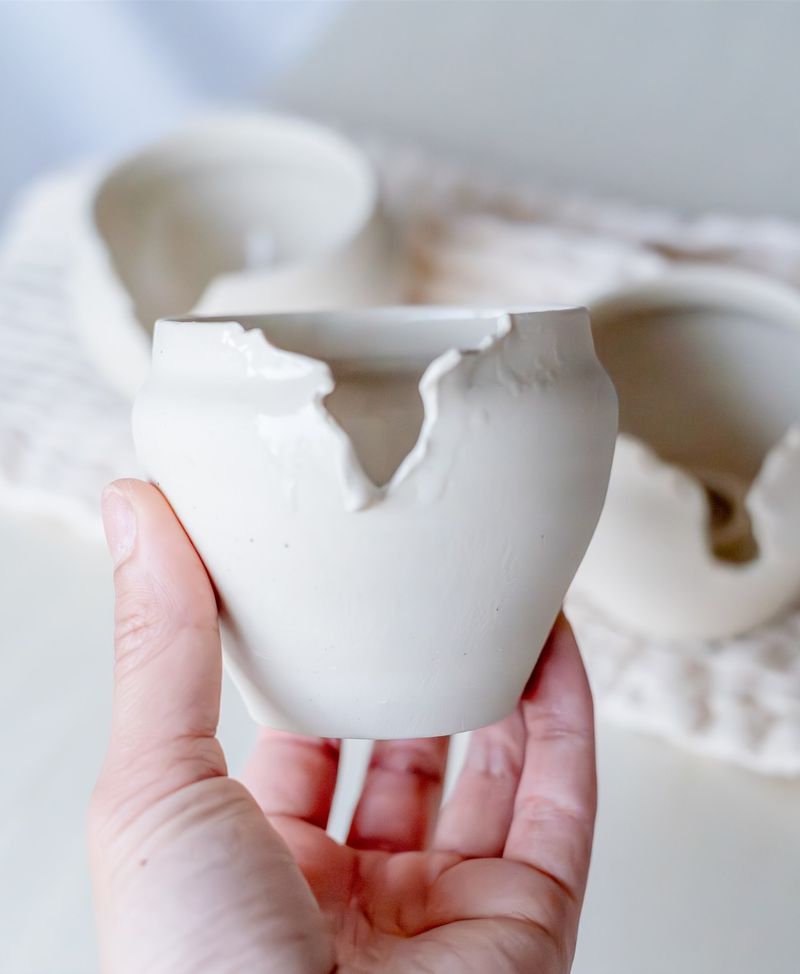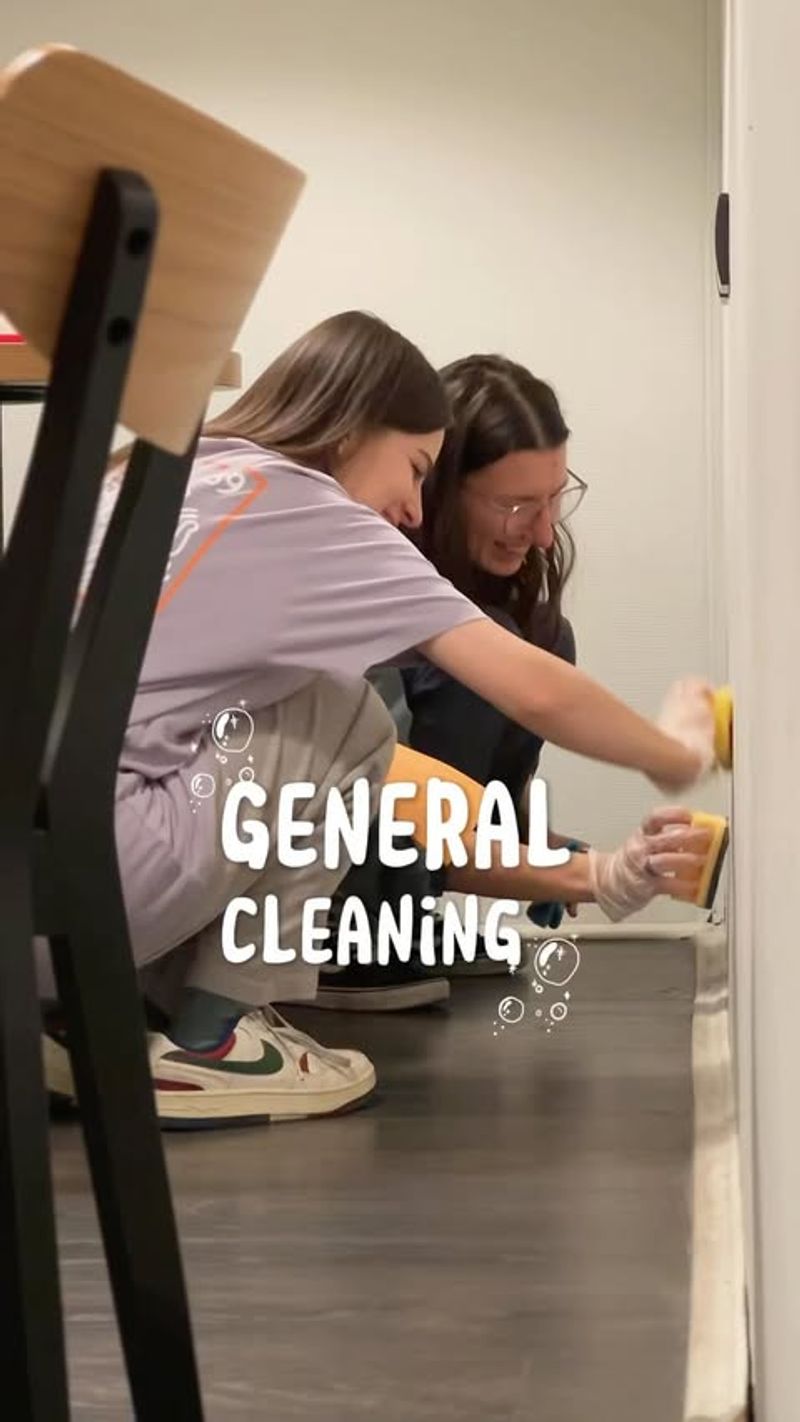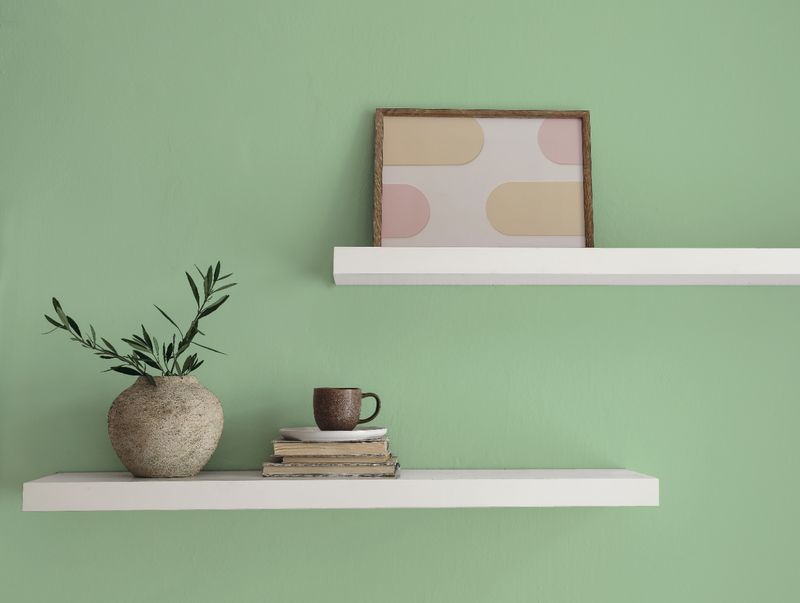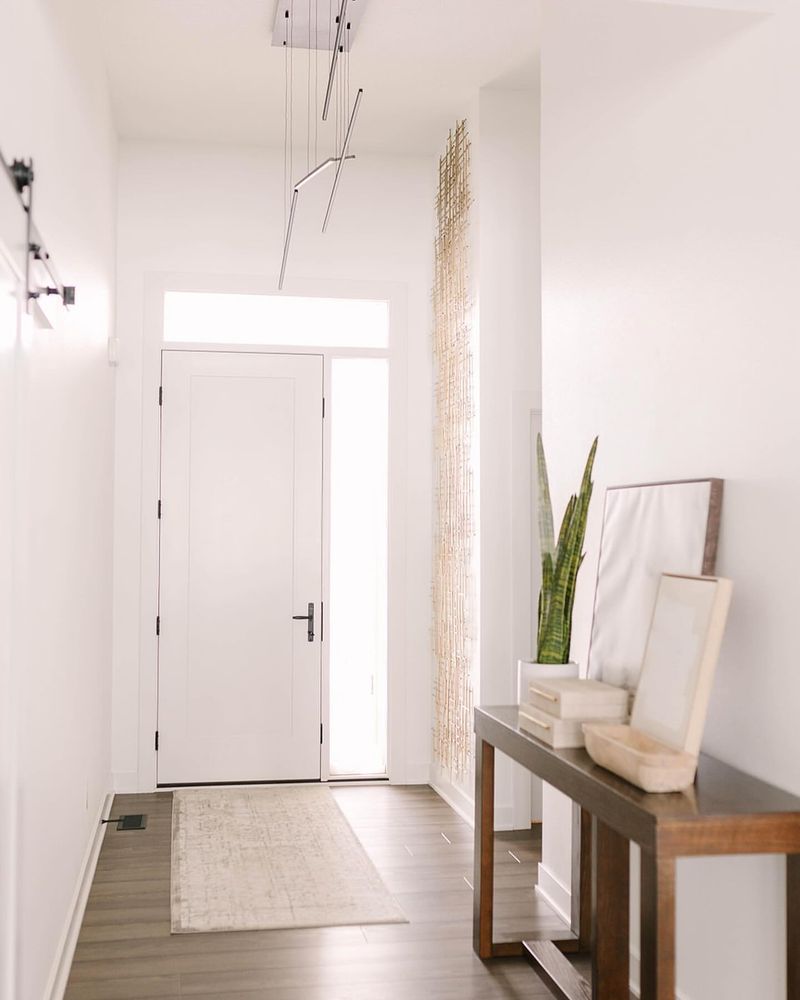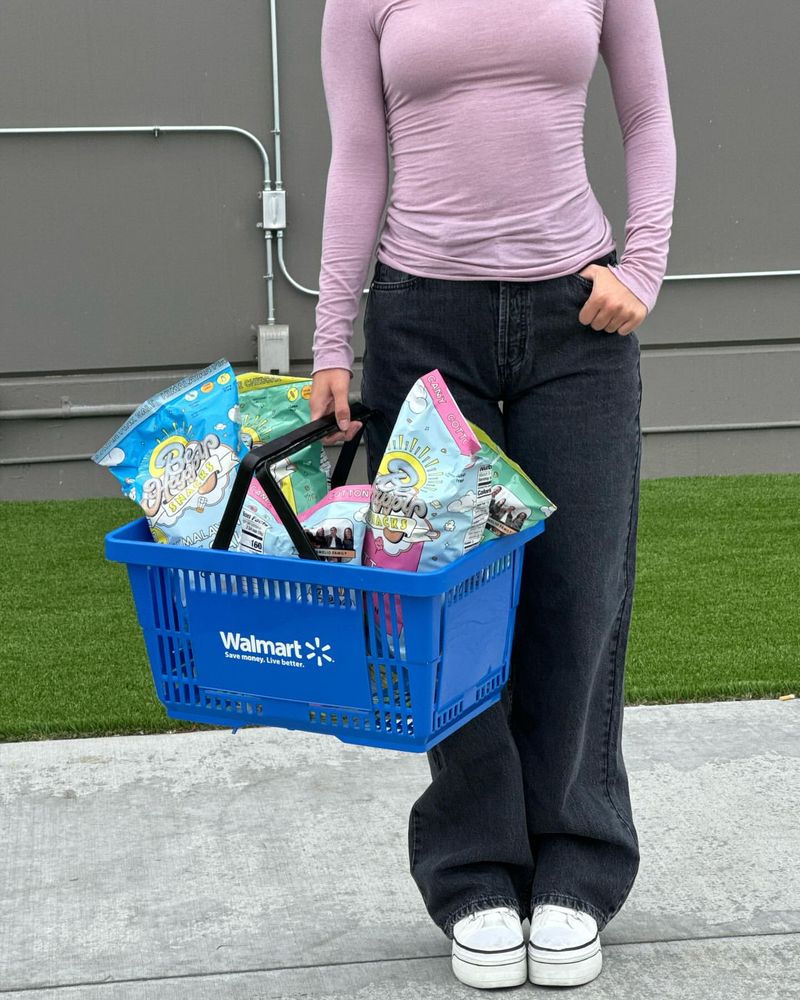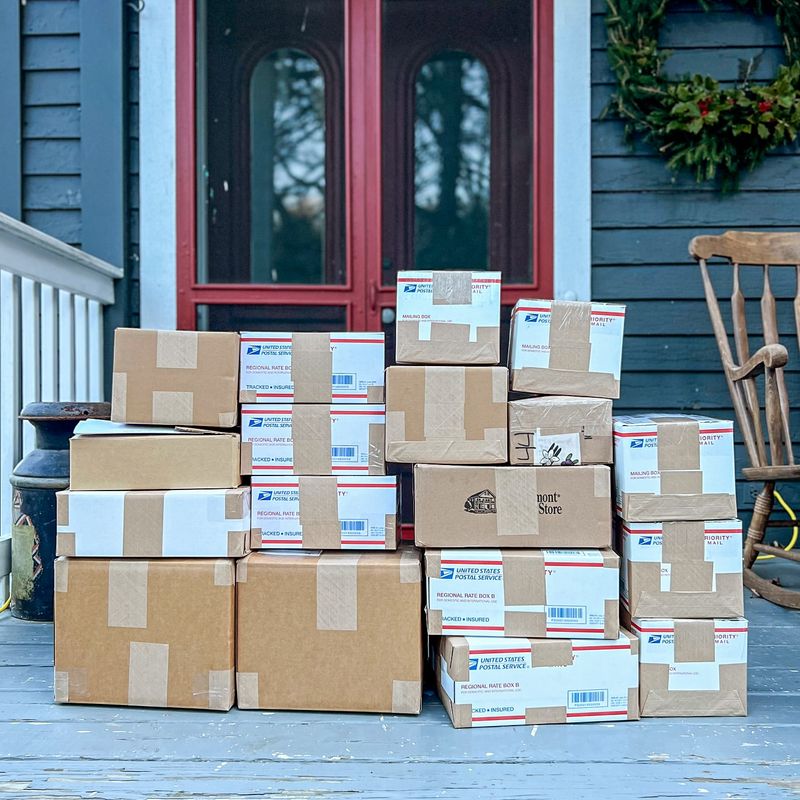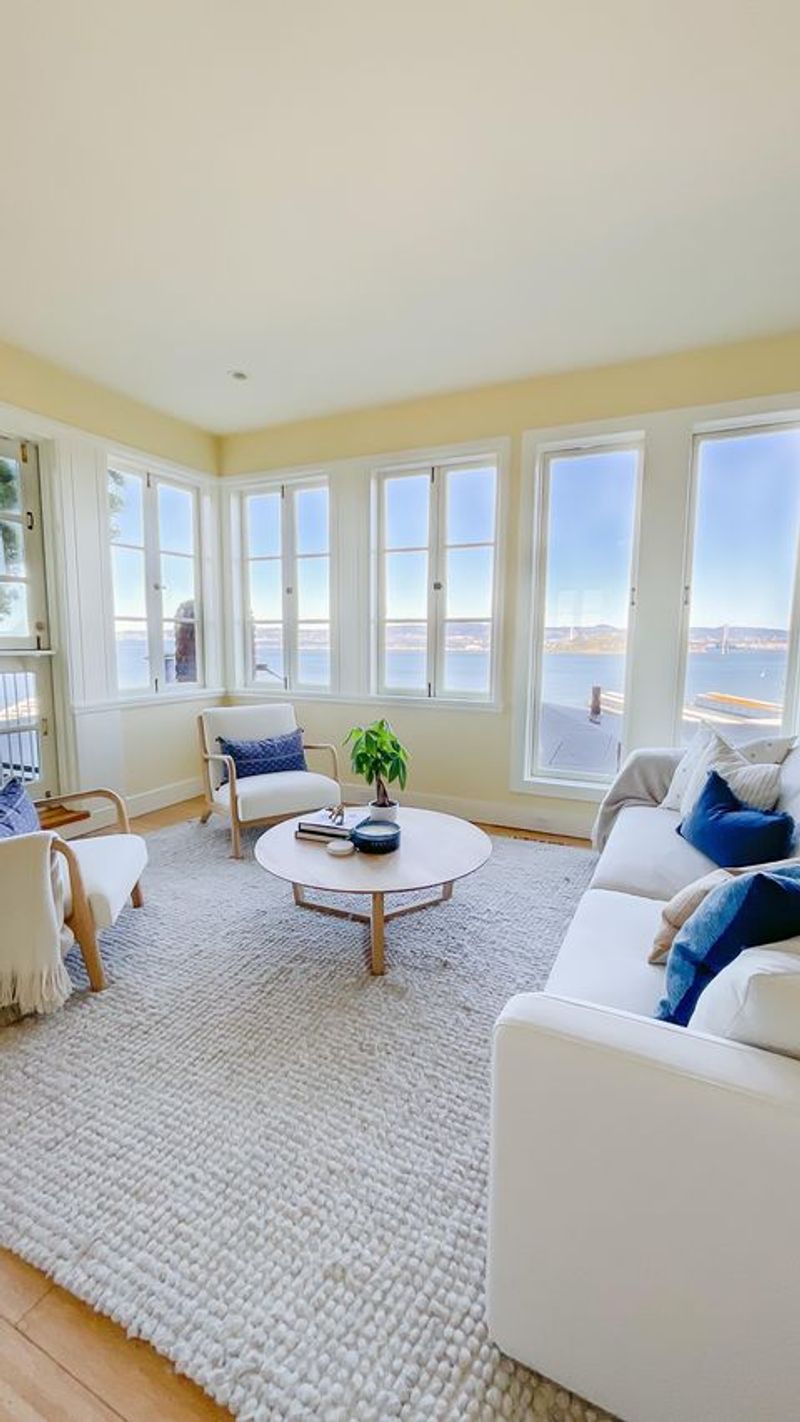Decluttering doesn’t have to be a daunting task. Embracing minimalist principles can transform the process into a calming ritual rather than a stressful endeavor.
Here are 23 tips minimalists swear by to achieve a clutter-free space with ease and mindfulness.
1. Start Small, Win Big
Begin with a tiny area like a drawer or a shelf. This makes the task feel manageable and helps build momentum. A small victory can boost your confidence, making it easier to tackle larger spaces. The satisfaction from completing a small task is powerful.
Breaking down the clutter into bite-sized pieces turns the overwhelming into the achievable. Celebrate these small wins and let them fuel your decluttering journey. Remember, it’s about progress, not perfection.
2. Adopt a Mindful Shopping Approach
Mindful shopping is a proactive measure to prevent future clutter. Embrace the habit of deliberate purchasing by asking yourself if each item truly adds value to your life before buying. Consider quality over quantity, and resist impulse buys that often lead to unnecessary clutter. By consciously choosing items that align with your needs and values, you not only save money but also contribute to a more spacious and peaceful living environment.
3. Set Decluttering Dates
Mark decluttering sessions on your calendar like important appointments. Regularly scheduled dates keep you committed and prevent clutter from creeping back. Treat these dates as self-care, nurturing your mental and physical space.
Consistency is key. Tackling clutter in small, regular sessions avoids burnout and ensures lasting results. Embrace these moments to reconnect with your space and reassess your needs.
4. Visualize Your Ideal Space
Imagining your ideal living environment guides your decluttering decisions. Envision what your sanctuary looks like and let that vision motivate your actions. It provides clarity on what adds value and what doesn’t.
Visualization offers direction, preventing aimless tidying. It’s a mental map that keeps you on track. Your ideal space becomes the benchmark for every item you choose to keep or discard.
5. Tackle One Room at a Time
Focus on one room before moving to the next. This concentrated effort prevents feeling overwhelmed and allows for thorough decluttering. Each room holds a unique vibe and purpose, deserving individual attention.
Working room by room establishes a sense of accomplishment and progress. Celebrate each completed space as a milestone on your journey to a clutter-free home. It creates a clear path to follow, turning chaos into calm.
6. Create Dedicated Spaces
Assign a designated place for everything. Dedicated spaces make tidying effortless and maintain order. When everything has a home, reclaiming cluttered areas becomes second nature.
This organization strategy reduces decision fatigue and makes everyday life more efficient. It brings peace of mind knowing exactly where to find and store items. A structured environment fosters tranquility and focus.
7. Embrace the Sentimental Process
Decluttering sentimental items involves acknowledging emotions but not letting them dictate choices. Cherish memories without holding onto every tangible reminder. Focus on keeping pieces that genuinely resonate.
Use your heart as a guide to discern what to keep. This process nurtures an emotional connection to the past without being bound by it. It honors memories while creating space for new ones.
8. Digitize Documents and Photos
Transform paper clutter into digital files. Scanning documents and photos preserves memories without consuming physical space. Digital organization offers easy access and safety from physical damage.
Embrace technology to minimize paper piles. This shift to digital frees up space and aligns with contemporary lifestyles. It’s a practical step towards a minimalist, clutter-free existence.
9. Gift with Intention
When gifting, consider the recipient’s space and lifestyle. Offer experiences or consumables over objects to prevent contributing to clutter. Gifts shouldn’t be burdens, but rather joyful, meaningful exchanges.
This intentional approach to gifting nurtures relationships while respecting the recipient’s environment. It reflects thoughtfulness and mindfulness in your interactions. Remember, the best gifts leave lasting memories, not lasting clutter.
10. Use Storage Solutions Wisely
Smart storage solutions make a significant difference in maintaining an organized home. Consider investing in functional furniture with built-in storage or using decorative baskets and bins that double as decor. It’s crucial to choose storage options that suit your space and lifestyle. This could mean opting for transparent containers for visibility or labeling for easy retrieval. By maximizing storage efficiency, you can ensure that everything has a place, reducing clutter and making daily life simpler.
11. Utilize Multi-Functional Furniture
Invest in furniture that serves multiple purposes. Multi-functional pieces maximize space and minimize clutter. This is a practical solution for small living areas, offering comfort without compromise.
This strategy encourages creative use of space, ensuring every piece of furniture earns its place. It embodies minimalist living, where every item has a purpose and contributes to a clutter-free home.
12. Practice Daily Maintenance
Incorporate small daily habits to keep clutter at bay. A few minutes each day can prevent overwhelming weekend cleanups. This continuous effort ensures a constantly tidy living space.
Daily maintenance fosters a sense of control and calm. It eliminates the stress of major decluttering sessions, maintaining harmony in your living environment. Make it a ritual, not a chore—an act of self-care that nurtures peace.
13. Let Go of Perfection
Accept that your home won’t always be pristine. Embrace imperfections and focus on creating a comfortable, lived-in space. This mindset reduces stress and encourages a more relaxed approach to decluttering.
Perfection is an illusion. A perfectly tidy home doesn’t equate to happiness. Letting go of this ideal allows you to appreciate the beauty in simplicity and authenticity.
14. Use the Four-Box Method
Sort items into four categories: keep, sell, donate, and trash. This method simplifies decision-making and organizes the decluttering process. Each box serves a purpose, streamlining the journey to minimalism.
The four-box method turns chaos into order, providing a clear framework for action. It helps you make intentional choices about what stays and what goes, paving the way for a clutter-free life.
15. Value Experiences Over Things
Prioritize memories and experiences over physical items. This shift in perspective reduces the desire to accumulate things, fostering a minimalist mindset. Experiences enrich your life in ways objects can’t.
By valuing moments over material, you create a life filled with meaning and joy. Memories don’t clutter your space, nor do they collect dust—they are your life’s treasures.
16. Have a Donation Box Ready
Keep a designated donation box accessible at all times. As you come across items you no longer need, place them in the box immediately. This ongoing process prevents clutter from building up.
Having a donation box encourages a cycle of giving and gratitude. It simplifies the decluttering process, making it a natural part of your routine. You’ll find joy in letting go and helping others.
17. Consider the 20/20 Rule
If an item can be replaced for less than $20 and in less than 20 minutes, let it go. This rule helps to declutter without fear of lacking essentials. It encourages letting go of “just in case” items.
The 20/20 rule frees you from the trap of keeping unnecessary things. It simplifies decision-making by focusing on convenience and cost-effectiveness, aligning with minimalist values.
18. Seasonal Purge Routine
Adopting a seasonal purge routine can greatly enhance your decluttering efforts. By evaluating your belongings with the changing seasons, you can identify items that you no longer need.
This approach aligns with nature’s cycles, making it feel more intuitive and less like a chore. It allows you to refresh your living space and keep it aligned with your current lifestyle.
Engaging in a seasonal purge can also help prevent overwhelming accumulation of items, ensuring your home remains peaceful and clutter-free.
19. Limit Surface Clutter
Clear surfaces create a sense of calm and order. Limiting surface clutter promotes focus and reduces stress. Only keep essentials on display to maintain a serene environment.
A clutter-free surface is inviting and functional, encouraging productivity and relaxation. It reflects a clear mind and organized life, embodying minimalist principles.
20. Create a Clutter-Free Entryway
Your home’s first impression matters. Keep the entryway clear of unnecessary items. A tidy entrance sets the tone for the rest of the house and offers a warm welcome.
The entryway is where you start and end your day; it should inspire peace and order. A clutter-free entrance helps maintain a positive energy flow throughout your home.
21. Mind Your Purchases
Be mindful of what you buy. Consider necessity and future enjoyment before making a purchase. This reduces impulse buys and the consequent clutter.
Intentionally choosing what you bring into your home saves space and money. It reflects a commitment to quality over quantity, aligning with a minimalist lifestyle. Thoughtful purchasing is a powerful tool against clutter.
22. Focus on Quality Over Quantity
Invest in quality items that last. This reduces the need for replacements and minimizes waste. A few well-made possessions are more rewarding than numerous inferior ones.
Quality enhances your living experience, providing satisfaction and reliability. It aligns with minimalist values by valuing substance over surplus, creating a purposeful and enduring home.
23. Celebrate Simplicity
Find joy in simplicity. Embrace the beauty of less and the freedom it brings. Simplifying your space can simplify your life, leading to greater satisfaction and happiness.
A minimalist lifestyle isn’t about deprivation; it’s about making room for what truly matters. Celebrating simplicity fosters a deeper appreciation for life’s essentials, enhancing your well-being.
